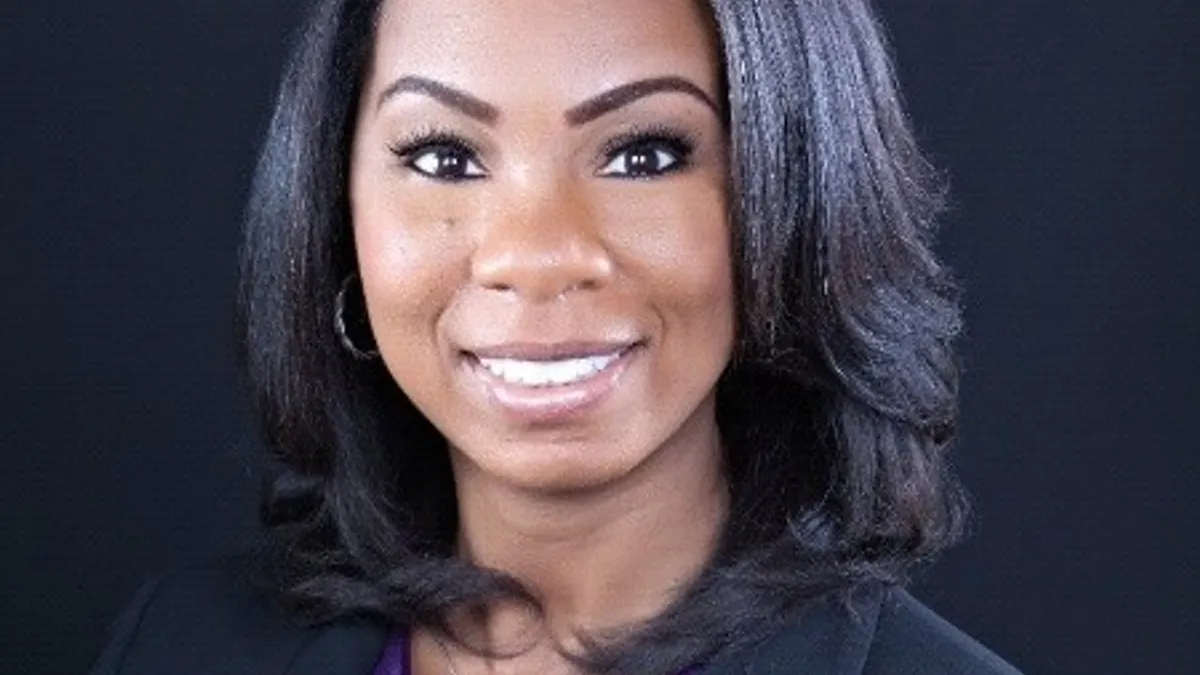Good CFOs might do great analyses but great CFOs know how to construct stories around the analyses, draw conclusions and monetize those conclusions, Sequoia Capital Partner Alfred Lin said in an Airbase webcast.
"Many vice presidents of finance can get to the analysis and get to the right level of abstraction, but they can't tell the story," said Lin, a veteran tech start-up funder and former Zappos CFO. "The story has a beginning, middle, and an end; many people forget that."
The story begins with how company financials got to where they are; the middle is the analysis and conclusions; the end is how you'll monetize the findings.
"Many people in finance produce beautiful, insightful reports," he said. "But the reports are useless if you can't monetize them. That element makes you closer to being a CFO than a vice president of finance."
Simplifying the complex
At its core, the CFO position is about communication and sales, said Lin, who sits on several boards and advises CEOs on hiring CFOs.
Great CFOs are master storytellers, he said. Not only do they construct narratives around data, but they adjust the narratives by levels of abstraction based on who they're talking to.
"Finance people who are managers or directors don't get to the vice president level because they don't know the right level of analysis," he said. "It's much better if you can think at many levels of abstraction, and then think of what level you should go to."
If you're talking internally, to other executives, he said, you talk at one level of abstraction — how to strategically cut the marketing budget by 20%. If you’re talking to the board, investors or analysts, you need a higher-level of abstraction.
"You [can't] forget to separate the forest from the trees," he said. "That happens a lot. You did all this work. The board meeting is tomorrow — rush, rush, rush. You've got to get everything else right, but then the board deck is not crisp. Is the analysis the most important thing when you’re presenting to the board or the general conclusions? [Most important is] being crisp about what you’re trying to get across."
Looking for the next step
When he interviews CFO candidates, Lin said, his key question is about the most complex analyses they've done. He's not looking to see how good they are at solving complex problems, he said; he's looking to see what they did with their conclusion and whether they saw and communicated the next steps.
"They tell me how great their cohort analysis was and how precise it was for predicting the future," he said. "What I'm really looking for is an understanding [from them] that it's not about the analysis, but the conclusion. How did you explain it? How did you get your organization to believe in it, change behavior, and how did you end up monetizing that analysis?"
In the end, much of what a CFO does comes down to sales, he said. Any finance professional who rises to the level of CFO has mastered the technical parts of the job. The differentiator is their ability to move the organization in one direction or another.
"There's an element of CFO being a sales job," he said. "You have to inspire confidence in employees and investors."
Storytelling is central to getting that buy-in, but it's also about enthusiasm for the business, ethics, judgment and relationship-building. "High-performing CFOs have really good business judgment, not just financial judgment," he said.
Good judgment comes from understanding the business, but it also comes from being able to think both quickly and slowly. Fast thinking is pattern recognition: you've seen this situation before and so you know what works to fix it. Slow thinking is first-order thinking: the ability to come up with ideas based on a flexible conceptual framework.
"A lot of okay CFOs have a playbook," he said. "They have a way they do something — a way of doing planning, for example, or a way of doing a deck to raise money. The highest performing CFOs have a framework rather than a playbook. The difference is, the framework allows you to change things."
Relationship-building is also key, he said, which is why CFOs shouldn't delegate important relationships to others. You can delegate the accounting function to your controller. You can delegate the forecasting function to your FP&A head. But your relationships — with the CEO and other executives, the board and your investor base, and analysts — should be the CFO’s job alone.
"Even if you have a strong Investor Relations team, you don't delegate the most important relationships to them," he said. "You have to own that."





















